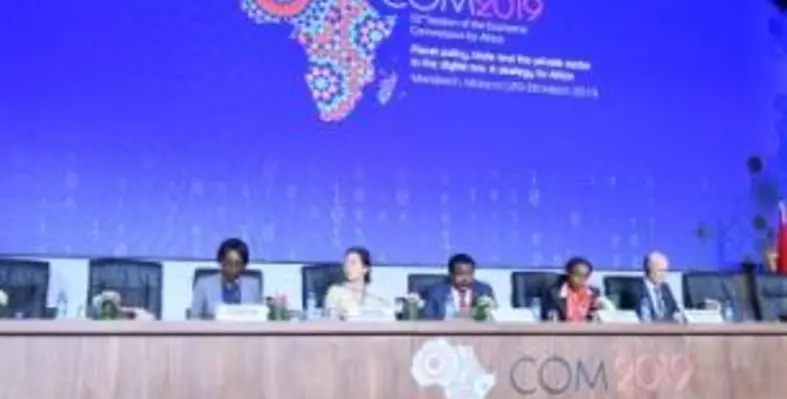The 38th meeting of the committee of experts of the conference of African ministers of finance, planning and economic development has opened in Marrakesh, Morocco, highlighting that the African countries need to improve their fiscal policy and expand the tax base to fund developmental processes
The conference of ministers focuses on the theme “Fiscal policy, trade and the private sector in the digital era: A strategy for Africa.”
In opening remarks to the meeting, Vera Songwe, executive secretary of Economic Commission for Africa (ECA), said that the ability to increase revenue collection was crucial to the continent’s capacity to finance its development, particularly Agenda 2030 for sustainable development and Africa’s Agenda 2063.
A typical economy on the continent, she said, collects about 16 per cent of GDP in taxes, with the exception of countries like Morocco which collect at least 25 per cent. South Africa and Rwanda are some of the countries that have been able to leverage new technologies to expand revenue collection.
“However, ensuring the availability of adequate public resources and quality investments to drive structural change requires responsive policies that promote fiscal sustainability, optimize returns from economic activity, and enable economies to fully participate in an increasingly interconnected and globalised world.”
Improving tax collection
“Africa could boost revenues by three per cent of GDP by addressing its capacity tax constraints. In addition, by better aligning tax rates and revenues with business cycles, countries can boost government revenue by five per cent,” Songwe added.
“With just over a decade remaining to achieve the sustainable development goals, it is imperative that the scope and mechanisms of domestic resource mobilisation be revolutionised to bridge the financing gap, promote macroeconomic stability and limit external borrowing,” she said.
The need to digitalisation
Songwe further spoke of the importance of digitalization and the digital economy in driving growth as well as optimising fiscal performance on the continent. The continent will need to re-skill its youth to ensure the digital age is used to Africa’s full advantage. But, she added, it was important to protect citizens and the continent’s data.
“We are going through a new age where we will become vulnerable to our data if we do not know how to manage it and manage it well. We will have to make sure that we have the right institutions to protect individuals and sovereign states as we move forward,” she commented.
Zouhair Chorfi, secretary general at the Ministry of Economic and Finance in Morocco, said, “Our continent is ripe for transformation and Morocco is ready to play its part in making sure we optimise digital tools as Africa into real tools that can power the continent’s development.”














